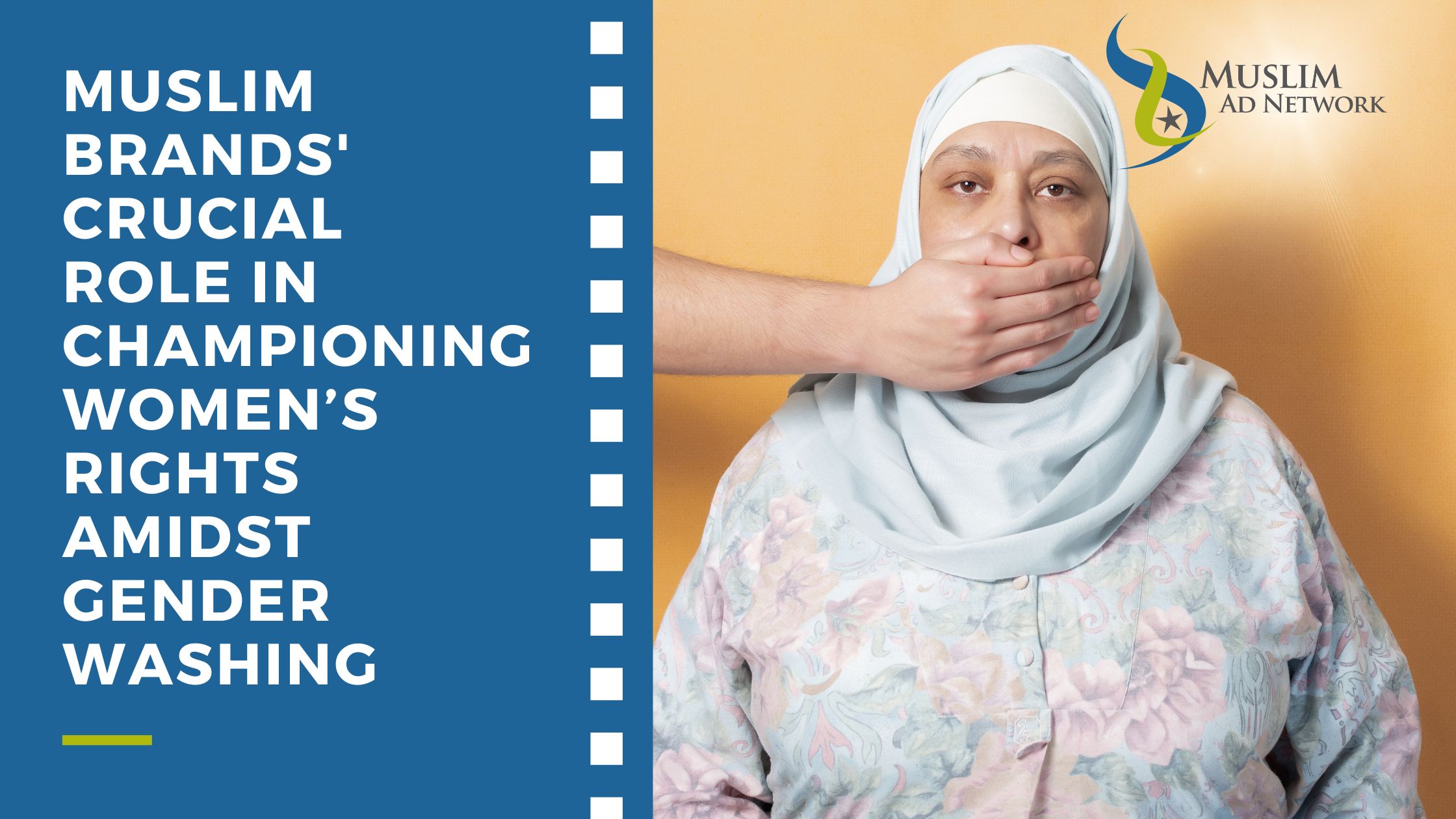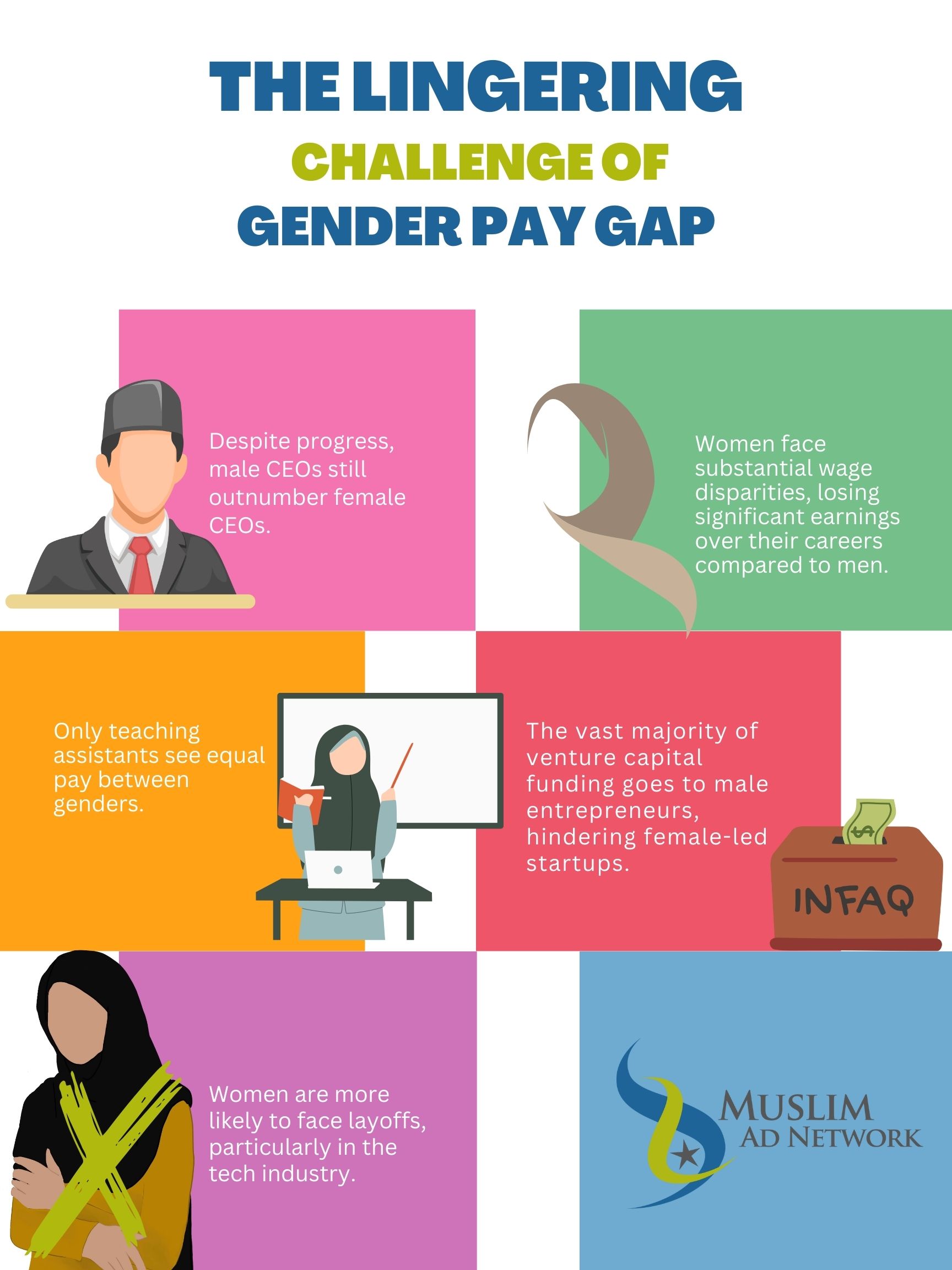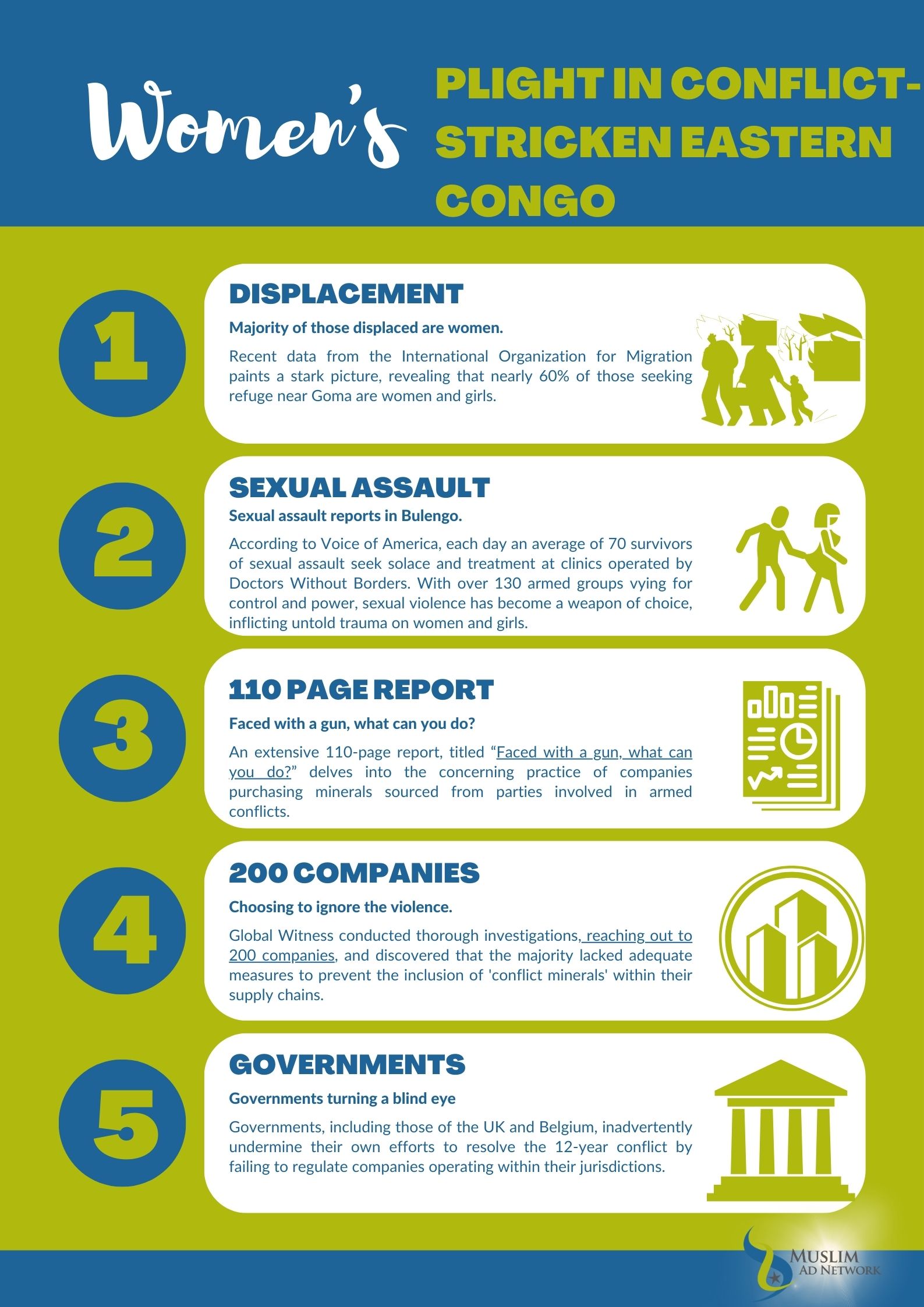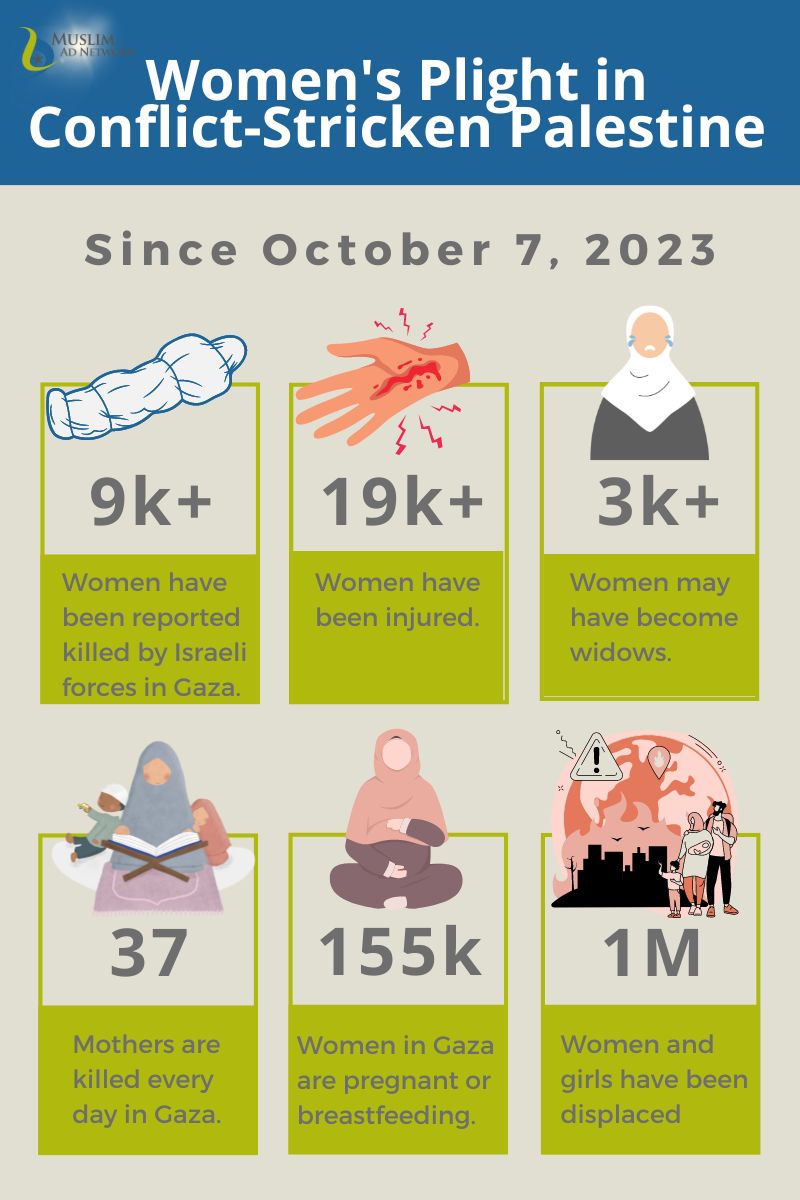
Understanding Gender Washing
In recent years, the phenomenon of “Gender Washing” has become all too familiar. Brands flood our screens with ads during International Women’s Day, donning slogans of solidarity and empowerment. However, these messages often ring hollow when examined against the backdrop of women’s global struggles. While these brands may champion women’s rights in their marketing campaigns, their actions behind the scenes tell a different story.
In today’s world, gender equality remains a pressing issue, with companies increasingly called upon to address it. Yet, amidst the public spotlight on issues like the gender pay gap, harassment, and representation, some companies engage in what’s known as “gender washing.” This term refers to the practice of making unsubstantiated or exaggerated claims about supporting gender equality. We need to recognize and understand this phenomenon, as it sheds light on the need for genuine action in supporting women’s rights.
Gender washing occurs when companies make bold statements about supporting gender equality without backing them up with tangible actions. It’s a form of tokenism that undermines the progress towards true equality. As consumers and citizens, we need to be aware of this practice and hold companies accountable for their actions.
The Lingering Challenge of Gender Pay Gap
One of the most significant challenges in the fight for gender equality is the persistent gender pay gap. Women continue to earn less than men for the same work, perpetuating economic inequality. This is not just a statistical issue; it’s a reflection of systemic biases that need to be addressed at every level of society.
Recent data from Australia reveals a sobering truth: the gender pay gap persists, with many of the country’s largest companies showing disparities of 30-40%. And yet, these same companies are often the ones celebrating women on March 8th. It’s a jarring irony that calls for deeper reflection and action.
Let’s delve into the stark realities of gender inequality through some eye-opening statistics:
- Despite progress, male CEOs still outnumber female CEOs. (Axios)
- Women face substantial wage disparities, losing significant earnings over their careers compared to men. (Yahoo)
- Only teaching assistants see equal pay between genders. (Forbes)
- The vast majority of venture capital funding goes to male entrepreneurs, hindering female-led startups. (Science Direct)
- Women are more likely to face layoffs, particularly in the tech industry. (Women Tech Network)

Ignored Realities of Women in the Shadows of Conflict
Beyond the glitz of marketing campaigns lies a harsh reality: women are disproportionately affected by conflict and war around the world. Yet, many brands turn a blind eye to the origins of their products, sourcing materials from regions embroiled in violence and exploitation. Take conflict minerals, for instance, essential components in electronics and countless other products. These minerals often come from war-torn countries where women endure unimaginable suffering. Despite this, many brands fail to ensure transparency in their supply chains, perpetuating the cycle of exploitation.
Women’s Plight in Conflict-Stricken Eastern Congo
In the troubled lands of eastern Congo, a harrowing crisis unfolds as sexual violence against displaced women escalates rapidly, casting a dark shadow on the region’s ongoing conflicts.
The conflict-induced displacement has torn families apart and shattered lives, with women and girls bearing the heaviest burdens. Recent data from the International Organization for Migration paints a stark picture, revealing that nearly 60% of those seeking refuge near Goma are women and girls.
In places like Bulengo, where displacement camps serve as makeshift sanctuaries amidst chaos, the wounds of conflict run deep. According to Voice of America, each day an average of 70 survivors of sexual assault seek solace and treatment at clinics operated by Doctors Without Borders. With over 130 armed groups vying for control and power, sexual violence has become a weapon of choice, inflicting untold trauma on women and girls.
In the face of conflict and displacement, hunger looms large, exacerbating the plight of women and girls. According to CARE DRC, 60% of displaced individuals are women, many of whom face dire food shortages in overcrowded camps. Desperate situations push women into perilous choices, including “sex for survival,” further fueling the epidemic of gender-based violence.
Tackling Conflict and Exploitation
The conflict in Congo, compounded by the ruthless exploitation of mineral resources, perpetuates violence and instability. Companies from Europe and Asia, knowingly or unknowingly, fuel this cycle by trading in minerals sourced from armed groups, prolonging the suffering of countless innocents for profit.
An extensive 110-page report, titled “Faced with a gun, what can you do?” delves into the concerning practice of companies purchasing minerals sourced from parties involved in armed conflicts. Within the eastern regions of the Democratic Republic of Congo (DRC), numerous mining sites fall under the control of both rebel factions and the national army, exploiting local civilians to control valuable resources like cassiterite, coltan, and gold. These minerals serve as essential components in the production of various electronic devices, including mobile phones and computers.
Global Witness conducted thorough investigations, reaching out to 200 companies, and discovered that the majority lacked adequate measures to prevent the inclusion of ‘conflict minerals’ within their supply chains. Furthermore, governments, including those of the UK and Belgium, inadvertently undermine their own efforts to resolve the 12-year conflict by failing to regulate companies operating within their jurisdictions.

Women’s Plight in Conflict-Stricken Palestine
Since October 7, 2023, over 30,000 Palestinians have lost their lives in the Gaza Strip, with 70% of them being women or children. Additionally, more than 1.9 million people, constituting 85% of Gaza’s total population, have been displaced, including nearly 1 million women and girls. This dire situation has left the entire population of Gaza, approximately 2.2 million people, facing acute food insecurity.
This overview sheds light on the crisis in Gaza and outlines UN Women’s efforts as part of its six-month multisectoral response to the ongoing situation.
The report titled “Gender Alert: The Gendered Impact of the Crisis in Gaza,” published on January 19 by UN Women, underscores how the crisis affects men and women, boys and girls, the elderly, and the young differently.
At the time of writing this article, UN Women had reported the following facts:
- 9,000+ women have been reportedly killed by Israeli forces in Gaza.
- 19,000+ women have been injured.
- 3,000+ women may have become widows, and new heads of households, following their male partner’s death.
- 10,000+ children may have lost their fathers.
- 37 mothers are killed every day in Gaza.
- 155,000 women in Gaza are pregnant or breastfeeding.
Yet most major global brands support the occupying powers that inflict such suffering but on International Women’s Day launch campaigns for purposes of revenue.


Urging Muslim Brands to Lead the Charge
Whosoever of you sees an evil, let him change it with his hand; and if he is not able to do so, then [let him change it] with his tongue; and if he is not able to do so, then with his heart — and that is the weakest of faith.
Source: Muslim Reference: Hadith 34, 40 Hadith an-Nawawi
In the face of these challenges, Muslim brands must reevaluate their role in advocating for women’s rights. Islam, a religion often misunderstood for its stance on gender equality, provides a rich foundation for championing women’s rights. Both the Quran and Hadith offer clear guidance on the importance of respecting and upholding the rights of women.
As custodians of Islamic values, Muslim brands have a unique opportunity to lead the charge in advocating for women’s rights. Drawing inspiration from the teachings of Islam, which emphasize the importance of justice, equality, and respect for women, Muslim brands can play a pivotal role in promoting gender equality both within their organizations and in society at large. By taking concrete actions to support women’s rights and challenge gender washing, Muslim brands can contribute to building a more just and equitable world for all.
Steps for Proper Advocacy
1. Internal Policy Reforms: Muslim brands must embark on internal policy reforms aimed at fostering gender equality and inclusivity. This involves a comprehensive review of existing policies and practices to ensure fair treatment and opportunities for all employees, regardless of gender. Such reforms should encompass equitable hiring and promotion practices, and the establishment of a work environment that is supportive and free from discrimination or harassment.
2. Supply Chain Transparency: Muslim brands must prioritize supply chain transparency by conducting thorough audits to detect and address any instances of exploitation or mistreatment of women in conflict areas or otherwise. This includes sourcing materials responsibly and ethically, ensuring fair wages and working conditions for workers across the supply chain, and actively supporting initiatives that uplift and empower women within the communities they operate.
3. Educational Initiatives: Muslim brands can contribute to advocacy efforts by educating both their employees and customers about women’s rights and the significance of gender equality within Islam. This can be achieved through the implementation of educational programs, workshops, and outreach campaigns designed to enhance awareness and understanding of these critical issues.
4. Community Engagement: Muslim brands should engage proactively with their communities to support initiatives and organizations dedicated to advancing women’s rights and empowerment. This may involve collaborating with local NGOs, sponsoring relevant events and programs, and advocating for policy reforms that promote the well-being and equality of women and girls.
Conclusion
In a world where women continue to face systemic oppression and exploitation, Muslim brands cannot afford to remain silent bystanders. Drawing inspiration from the teachings of Islam, they must actively champion women’s rights, both within their organizations and in the wider community. By taking concrete steps to advocate for women’s rights, Muslim brands can not only uphold their religious values but also contribute to building a more just and equitable world for all.
As we mark the end of another International Women’s Day (March 8, 2024), let us remember that true solidarity requires more than just words—it demands meaningful action and unwavering commitment to the cause of women’s rights.
start targeting muslim consumers